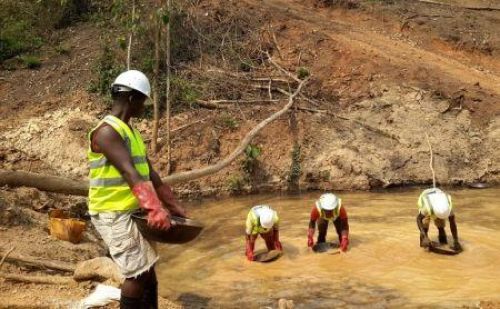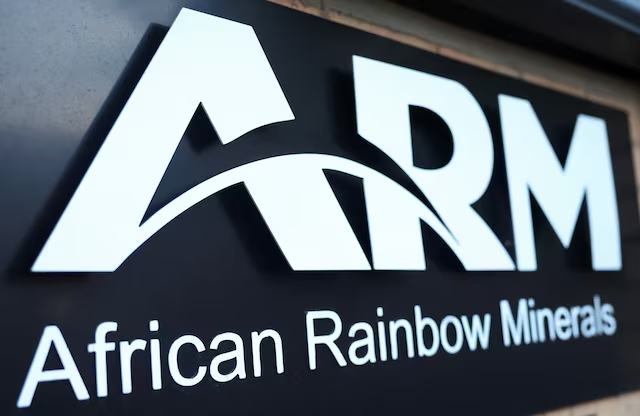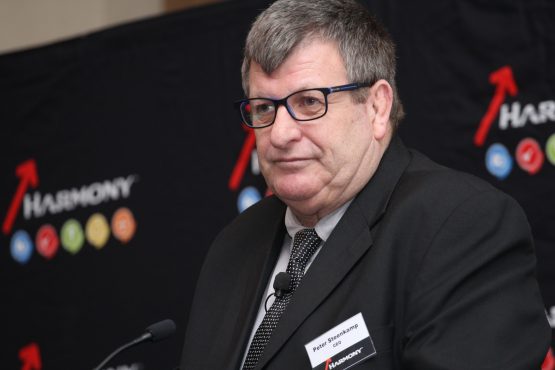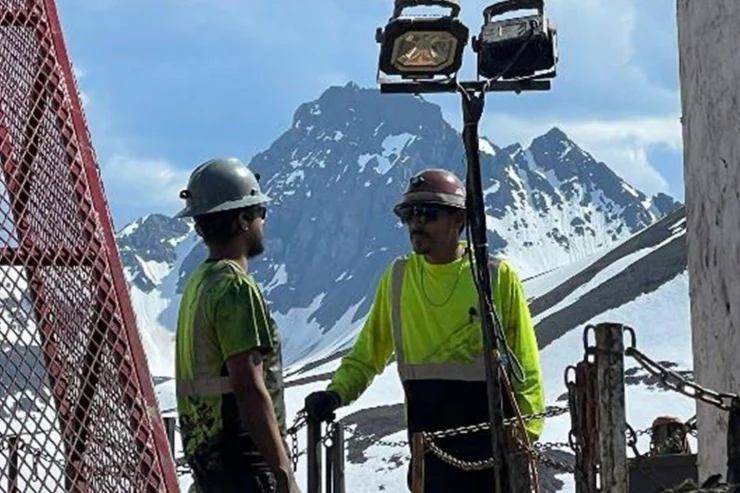Mining

Ghana Launches Landmark Reform to Clean Up Small-Scale Mining

Ghana’s government launched the Responsible Cooperative Mining and Skills Development Programme (rCOMSDEP) on August 6 to transform artisanal and small-scale mining. Minister Emmanuel Armah-Kofi Buah said the program will guide miners toward responsible mining to reduce the severe environmental harm caused by illegal mining, locally known as galamsey.
rCOMSDEP consolidates two earlier programs: the Community Mining Scheme (CMS), which formalized illegal mining through community concessions since 2019, and the National Alternative Employment and Livelihood Programme (NAELP), which has provided alternative jobs to former illegal miners since 2021.
The expanded program centers on six pillars, relying on legally recognized mining cooperatives equipped with shared processing centers that use mercury-free recovery technologies. The government will create a technical services desk offering modern equipment rental, geological studies, safety training, and regulatory support.
Additionally, the state plans to rehabilitate damaged mining sites and develop agricultural and agro-industrial value chains. This strategy aims to diversify incomes for communities reliant on mining, including agricultural cooperatives and processing units.
Minister Buah emphasized that Ghana had reached a turning point where mining must shift from being a curse on the land to a catalyst for national prosperity, adding that the time had come to restore the country’s blue waters and green forests through responsible practices—marking the beginning of a new chapter.
4.5 million people live from galamsey
An estimated one million people work directly in galamsey, and up to 4.5 million depend on the activity for their livelihoods. The widespread use of mercury contaminates waterways, harms farmland fertility—especially threatening cocoa farming—and deprives the government of significant tax income.
While enforcement efforts continue, rCOMSDEP offers a more sustainable approach to curb the environmental and social harms of artisanal mining. Local media report the program’s national rollout will begin soon, with training, certification, and licensing support planned although precise funding and participant numbers remain undisclosed.
Previous goals under CMS included creating two million jobs nationwide, while NAELP aimed to train 200 small mining companies to meet health and safety standards and launch 50 mining projects. rCOMSDEP builds on these efforts with a stronger community-centered focus and enhanced environmental safeguards.
This reform marks a major step toward formalizing Ghana’s artisanal mining sector, balancing economic benefits, environmental protection, and community development.












